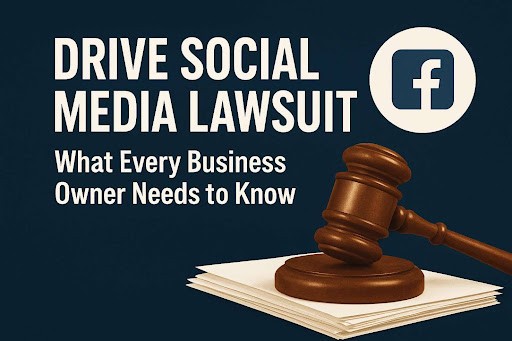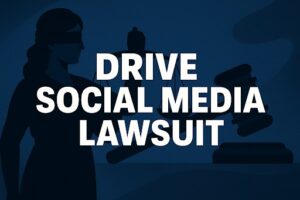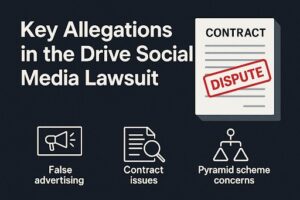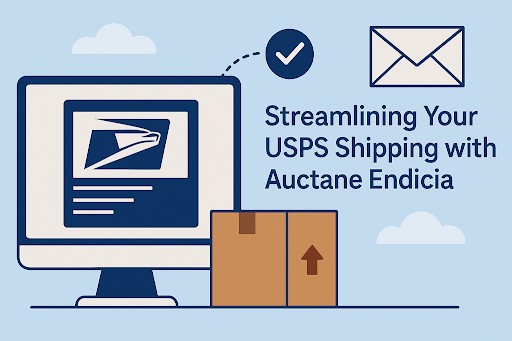
When I first came across the drive social media lawsuit, I realized it wasn’t just another headline about a company in legal trouble—it was a cautionary tale for anyone running a business online.
If you rely on agencies to manage your digital marketing, this case highlights risks you might not have considered. Understanding what happened, why it matters, and how to protect yourself can help you make better decisions.
What Is the Drive Social Media Lawsuit About?
The lawsuit centers on claims made against Drive Social Media, a digital marketing agency that promised to boost client growth through advertising campaigns. Several businesses alleged that the results didn’t match the promises and that some of the practices used were misleading.
At its core, the case questions whether agencies are delivering what they sell—or if they are overselling services without accountability.
Who Is Drive Social Media and What Do They Do?
Drive Social Media built its reputation as a marketing firm focusing on social platforms like Facebook, Instagram, and LinkedIn. Their pitch was simple: they could turn advertising into predictable revenue for clients. Many small and mid-sized businesses turned to them with the hope of fast growth.
The company positioned itself as a results-driven agency, but the lawsuit suggests a gap between marketing claims and customer experiences.
What Triggered the Drive Social Media Lawsuit?

The trouble began when clients noticed that their return on investment wasn’t lining up with what had been promised. Some alleged the contracts were restrictive, making it hard to leave even if results were disappointing.
For others, the issue was transparency. Were the strategies being used really as effective as advertised, or were clients locked into deals with little control?
What Are the Key Allegations in the Drive Social Media Lawsuit?
The case outlines a few major concerns:
- False advertising and unmet promises – Businesses claim they were sold aggressive growth strategies that didn’t materialize.
- Contract disputes – Some felt the agreements were weighted heavily in favor of the agency.
- Pyramid scheme concerns – There were whispers that the agency’s structure looked more like recruitment than marketing, raising serious legal questions.
While no final judgment has been made public yet, the allegations alone have sparked major discussions about trust in digital marketing.

Who Filed the Lawsuit and Why?
Small business owners were at the heart of the complaint. They argue that not only did they lose money, but they also wasted valuable time and opportunities. For many, it wasn’t just about dollars—it was about survival in a competitive market.
Their decision to file the lawsuit was about holding the agency accountable and setting an example for others in the industry.
What Are the Legal Implications of This Lawsuit?
This case raises big questions for the digital marketing world. If courts decide agencies can be held legally responsible for overstating results, the entire industry may face tighter regulations.
For agencies, it’s a reminder that exaggerating outcomes or locking clients into unfavorable contracts isn’t just bad business—it could also be unlawful.
How Does the Drive Social Media Lawsuit Affect Businesses and Clients?
If you’re running a business, the lawsuit is more than a headline—it’s a warning. It shows how easy it is for small businesses to be drawn into promises of fast growth without fully understanding the risks.
Clients lose not only money but also trust, making it harder to choose the right partners in the future.
What Can Businesses Learn From the Drive Social Media Lawsuit?
There are clear lessons here:
- Always vet marketing agencies thoroughly.
- Ask for case studies and real client references.
- Understand the contract terms before signing.
The lawsuit makes one thing clear—if something sounds too good to be true in marketing, it probably is.
How Can Marketing Agencies Avoid Lawsuits Like This?
For agencies, the takeaway is just as strong. Transparency and honesty should be at the center of every client relationship. Promising results you can’t guarantee is a shortcut to legal trouble.
Agencies that focus on realistic goals, clear communication, and ethical practices are more likely to thrive long term.
What Is the Future of Social Media Law After This Case?
This case could shape how the law treats digital marketing disputes. As online advertising grows, courts are seeing more cases about misrepresentation, contracts, and client rights.
It’s likely we’ll see stricter guidelines around what agencies can promise and how they must disclose risks.
How to Protect Your Business From a Marketing Lawsuit?
If you’re a business owner, prevention is your best defense:
- Make sure contracts outline deliverables clearly.
- Protect customer data and comply with privacy laws.
- Avoid copying content without rights.
- Regularly review campaign performance and demand transparency.
These steps won’t just keep you safe—they’ll also help build stronger relationships with agencies.
Also Read: Does Amazon Do Price Adjustments?
Frequently Asked Questions (FAQs)
What is the Drive Social Media lawsuit about in simple terms?
It’s about small businesses accusing a marketing agency of making promises it couldn’t deliver, with disputes over contracts and performance.
Is Drive Social Media accused of running a pyramid scheme?
Some claims mention pyramid-like concerns, though this remains an allegation and has not been legally proven.
How does this lawsuit impact small business owners using marketing agencies?
It highlights the risks of signing contracts without careful review. Businesses must ensure they know what’s guaranteed versus what’s only a projection.
Can I sue a social media agency for not delivering results?
Yes, if the agency’s promises were misleading or the contract was unfair, you may have legal grounds to take action.
What steps should I take before signing a contract with a marketing agency?
Always read the fine print, ask for real performance data, and ensure the agency is clear about what is guaranteed versus estimated.
What Does the Drive Social Media Lawsuit Teach Us?
The drive social media lawsuit is a reminder that in the digital world, promises of rapid growth should be met with healthy skepticism. For businesses, it’s a wake-up call to demand transparency, set clear expectations, and choose agencies wisely. For marketing firms, it’s a warning to put honesty before hype.
In the end, the case isn’t just about one agency—it’s about reshaping how we view accountability in digital marketing.



